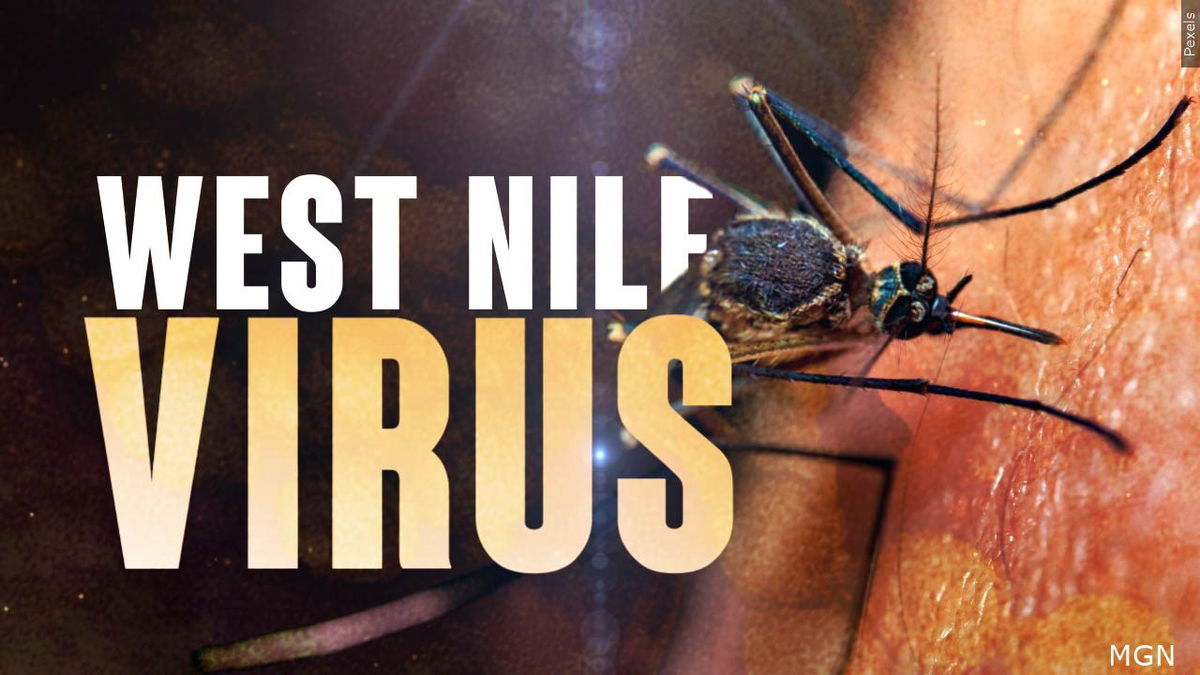Public health officials confirm West Nile Virus in Bannock County mosquito pool

News Release
The following is a news release from Southeastern Idaho Public Health and Bannock County:
BANNOCK COUNTY, Idaho (KIFI) — Southeastern Idaho Public Health (SIPH) and Bannock County Mosquito Abatement have confirmed a West Nile Virus (WNV) positive mosquito pool in Public Health District 6, located in Bannock County. No cases of WNV in humans have been reported.
Bannock County Mosquito Abatement increased its response to the area where WNV-positive mosquitoes were collected, and has treated both larval and adult mosquitoes. Staff will maintain an increase in control and monitoring measures in response to the positive detection.
West Nile is a potentially serious illness that is usually spread to animals and humans through the bite of an infected mosquito. Most people infected with West Nile do not show symptoms; however, more severe illness can occur. People with symptoms may experience fever, headaches, body aches, fatigue, nausea, vomiting, eye pain, and sometimes swollen lymph glands or a skin rash, typically occurring 2 to 14 days after being bitten by an infected mosquito. More severe infections may involve the central nervous system.
To reduce the risk of WNV, the following precautions should be taken:
•When outdoors, use insect repellent containing an EPA-registered active ingredient, such as DEET or Picaridin (apply it according to the manufacturer’s instructions). Additionally, certain products containing permethrin are recommended for use on clothing, shoes, bed nets, and camping gear. Follow the directions on the package.
•Use insect repellent and wear long sleeves, pants, and loose-fitting clothing at dawn and dusk when mosquitoes are most active and feeding. If possible, consider staying indoors during these hours.
•Make sure to have good screens on windows and doors to keep mosquitoes out.
•Get rid of mosquito breeding sites by draining standing water from flowerpots, buckets, and barrels. Change the water in pet dishes and replace the water in bird baths and feeding troughs at least twice a week. Drill holes in tire swings or old tires to allow water to drain out. Keep children’s wading pools empty or on their sides when not in use.
•Don’t over-irrigate your lawns, gardens, or pastures.
For more information on WNV, contact SIPH’s Epidemiologists, Jeff Doerr, at 478-6303 or visit SIPH’s website at www.siphidaho.org or http://westnile.idaho.gov.